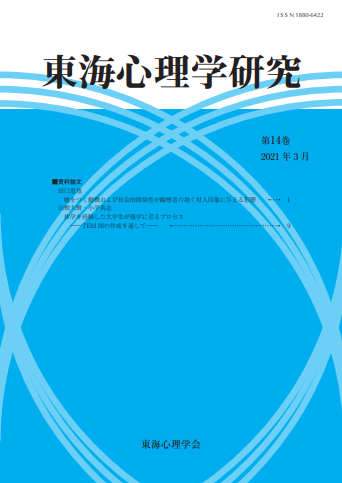This study examined the influence of motivation (selfish or altruistic) and social relationships (friend
or acquaintance) on evaluations of morality and personality of liars. Participants (N = 163) read
scenarios in which an actor made one of four referent statements (selfish lie, altruistic lie, selfish truth
or altruistic truth), and then evaluated his/her morality (honesty and benevolence) and personality
(Extroversion, Agreeableness, Conscientiousness, Neuroticism, and Openness to experience). The
results showed that: a) liars were evaluated lower in honesty and Conscientiousness than truthtellers;
b) altruistic liars were evaluated higher in benevolence and Agreeableness than selfish liars as
well as selfish truth-tellers; and c) altruistic liars were evaluated higher in Neuroticism and lower in
Extroversion than truth-tellers. This study offered new insights on how people evaluate liars.
View full abstract
